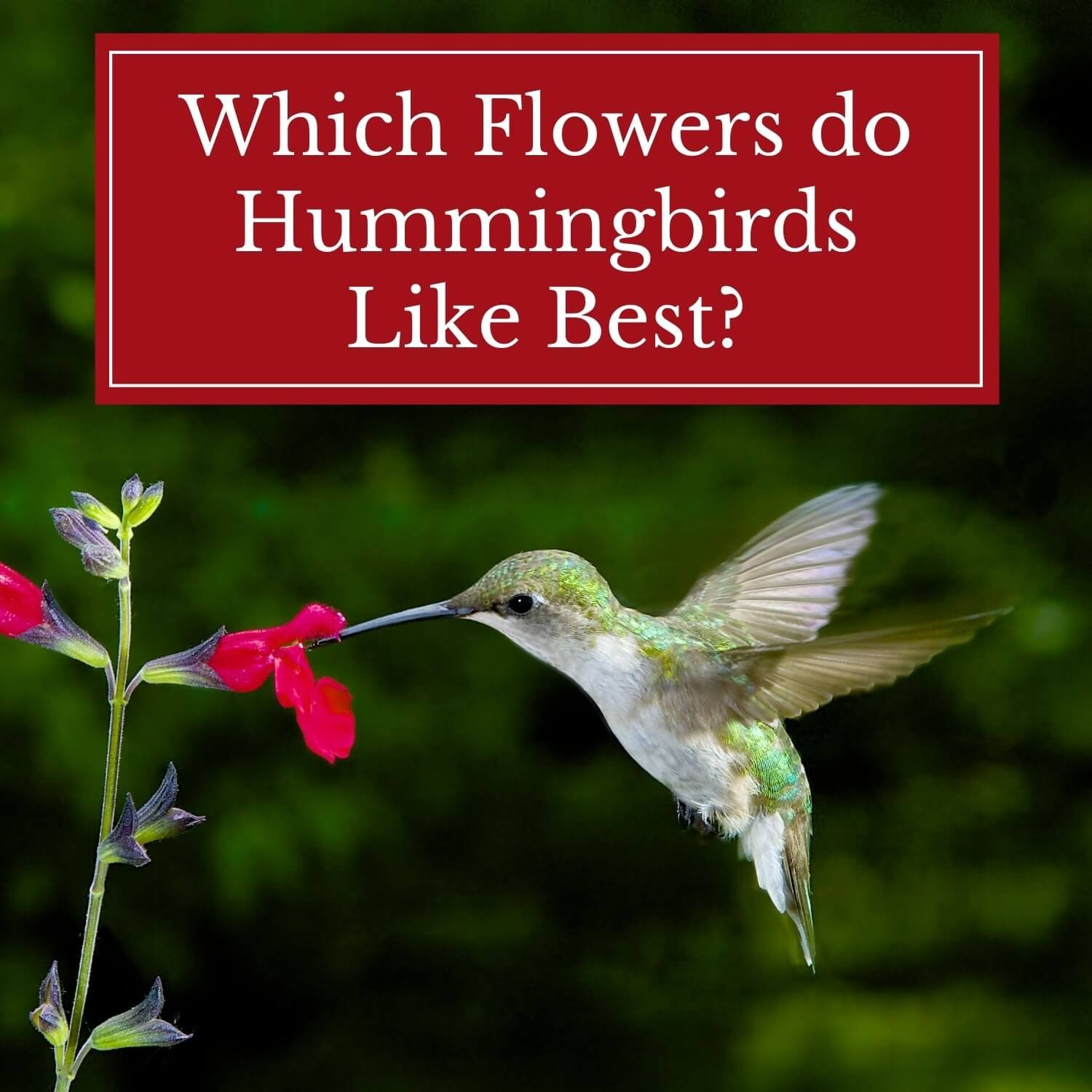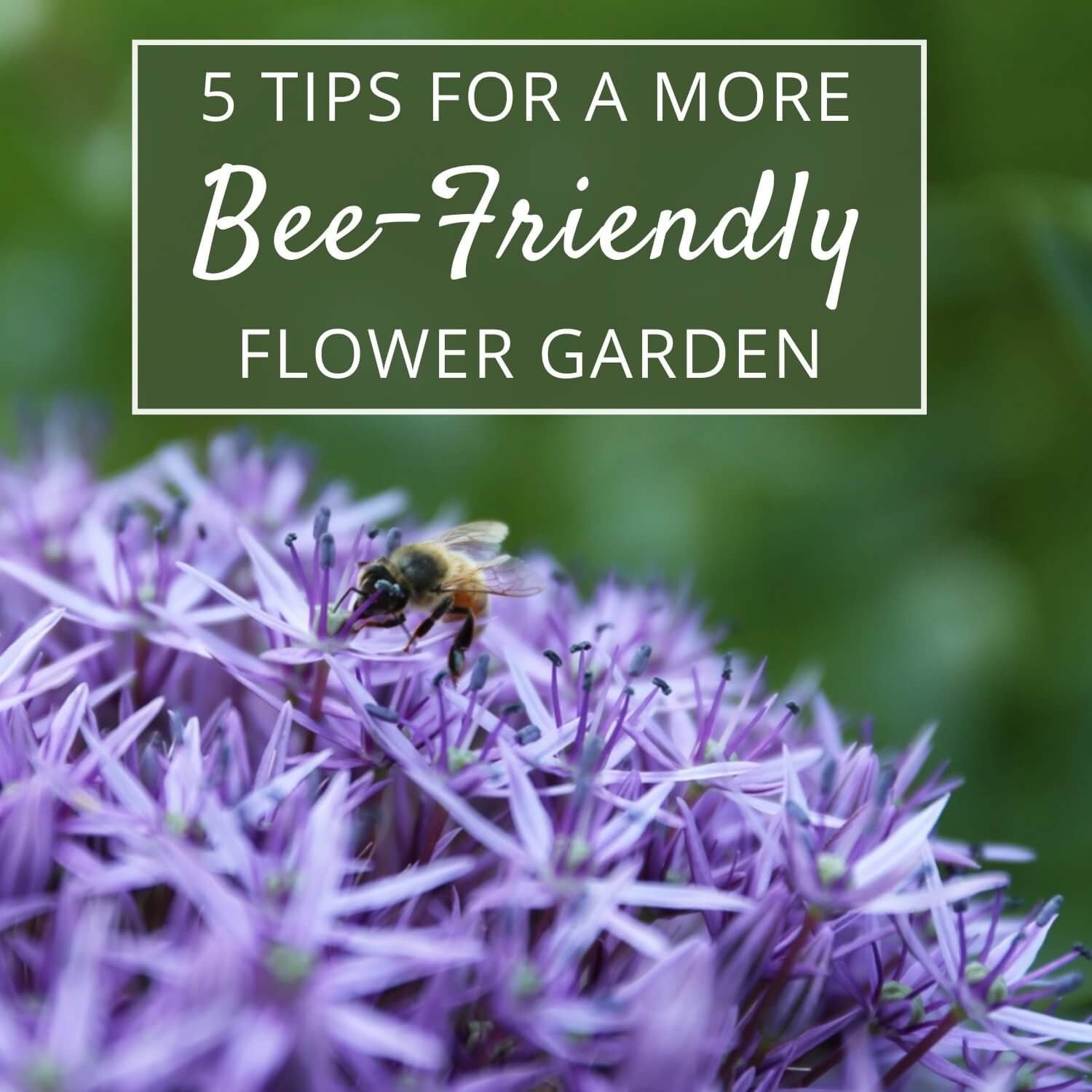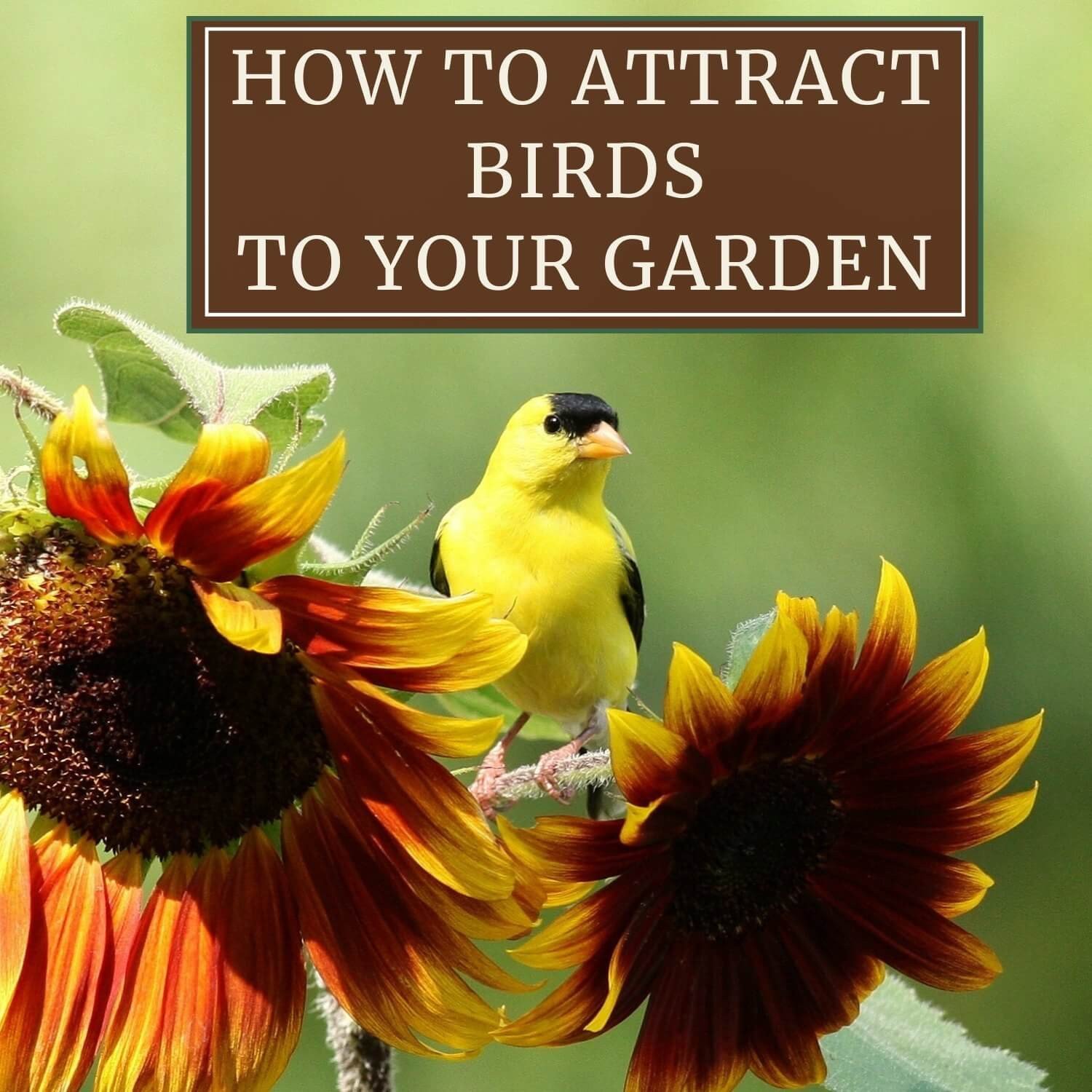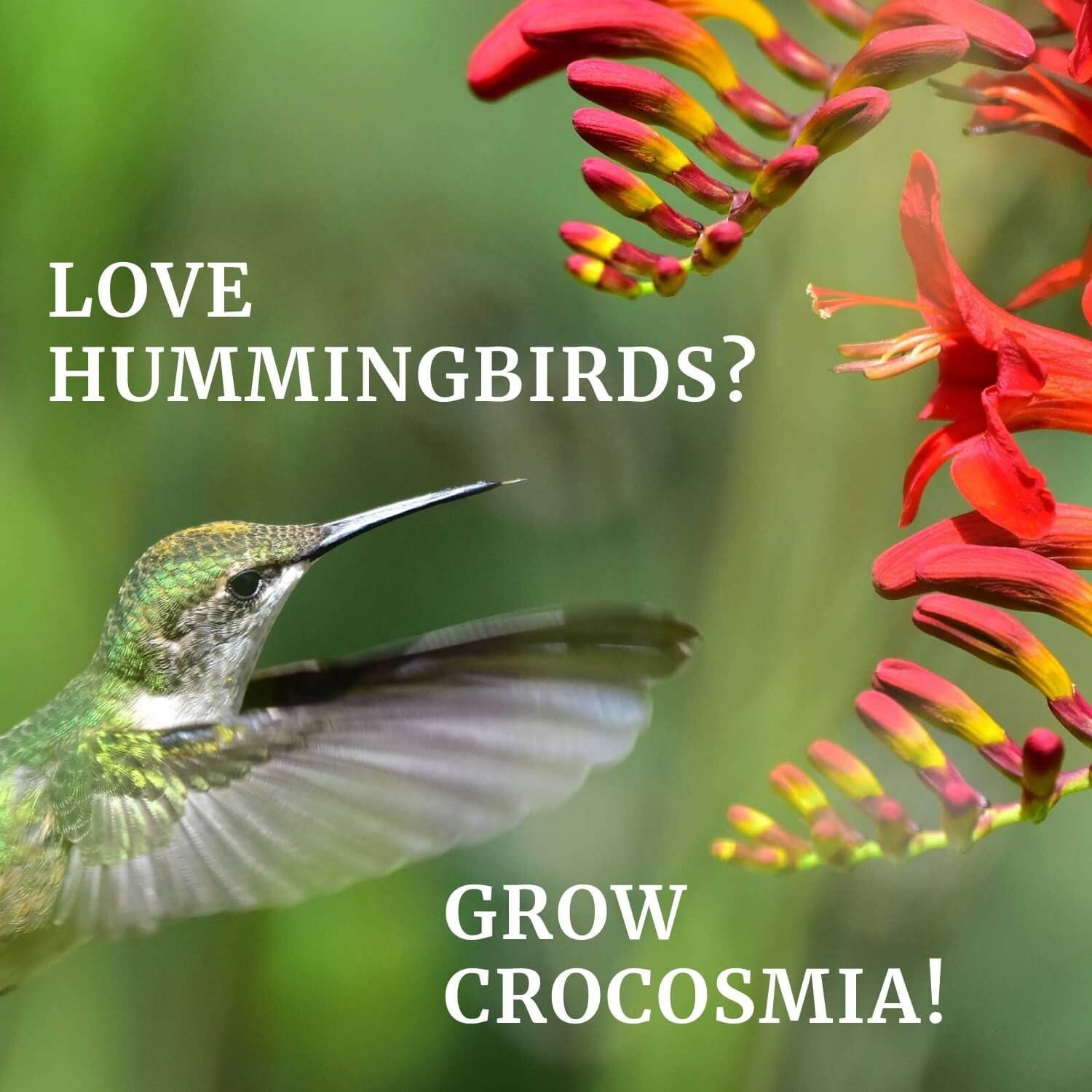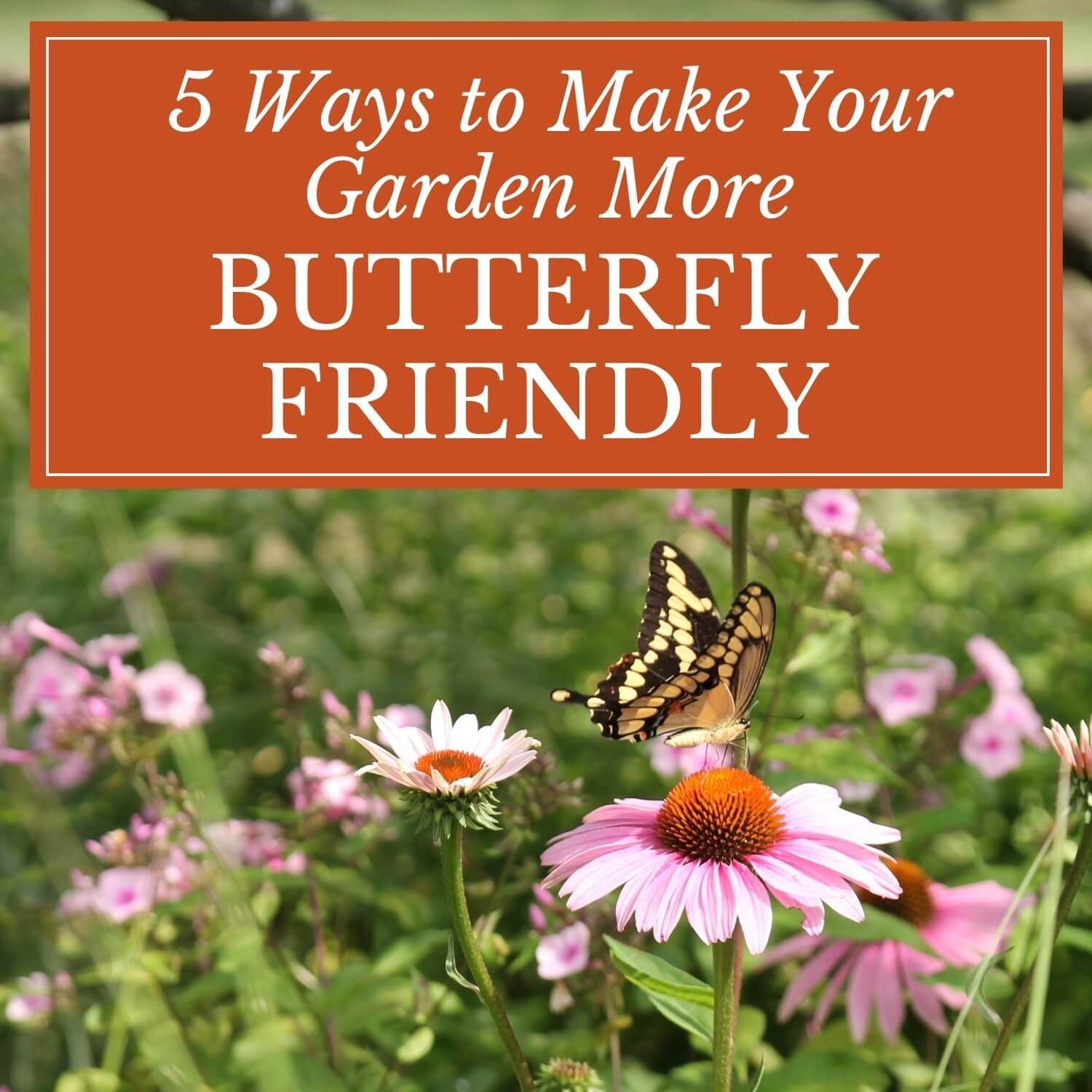
5 Ways to Make Your Garden More Butterfly-Friendly
Listen to article
Audio generated by DropInBlog's Blog Voice AI™ may have slight pronunciation nuances. Learn more
 It's always a joy to see butterflies passing through your garden. Wouldn't it be fun if it happened more often? Though butterflies appear to be flying around randomly, they are actually on a mission. Their lives depend on finding the food, water and habitat they need to survive. If you want your yard and garden to be a popular butterfly hangout, here are 5 steps you can take to make it more welcoming.
It's always a joy to see butterflies passing through your garden. Wouldn't it be fun if it happened more often? Though butterflies appear to be flying around randomly, they are actually on a mission. Their lives depend on finding the food, water and habitat they need to survive. If you want your yard and garden to be a popular butterfly hangout, here are 5 steps you can take to make it more welcoming.
Adult butterflies live on flower nectar and need to eat constantly. Growing many different types of flowers will ensure that your garden always has something in bloom. Butterflies like to dine in the sun, so focus your attention on the sunny spots in your yard. Generally speaking, butterflies prefer flowers with flat tops (such as zinnias, dahlias and coneflowers) and those that grow in clusters (such as lilacs and garden phlox).
Be sure your garden includes some of these butterfly favorites: allium, aster, bee balm (Monarda), black-eyed Susan (Rudbeckia), butterfly bush (Buddleia), butterfly weed (Asclepias tuberosa), cosmos, dahlia, coneflower (Echinacea), goldenrod (Solidago), helenium, heliotrope, hibiscus, lantana, lavender, liatris, lilac, lobelia, lilies, phlox, salvia, sedum, sunflower, verbena, yarrow, and zinnia. 

2. Plant in Groups
Butterflies are nearsighted, so it's difficult for them to zero in on a single flower. This is why you'll see butterflies gathering on a big lilac bush or a large planting of bee balm or zinnias. Butterflies can also smell much better than they can see, so fragrance is a powerful attractant. No room for garden beds? You can attract butterflies with containers of fragrant plants such as Oriental lilies, heliotrope and sweet alyssum.3. Provide Water
Butterflies can't live on nectar alone. Water and dissolved soil nutrients are also important. Placing shallow saucers of water on the ground gives butterflies a perfect place to grab a drink. Have you ever seen butterflies clustered around a mud puddle after a rain? They are collecting minerals and other nutrients, in a behavior called "puddling". To create an artificial puddle, put some sandy soil on a plate or pie pan and keep the surface moist. Place these butterfly lures in a sunny area that's sheltered from wind, yet still easy to see from a distance.
4. Give Them a Place to Rest
All that fluttering and flitting about can be exhausting. A stack of flat stones in a sunny, protected spot will give your butterfly friends a warm place to catch their breath.
5. Help Them Feed Their Young
Butterflies begin their lives as caterpillars, so it’s important to accommodate them as well. Many plants that we consider weeds are important food sources for butterfly larvae. Designating an out-of-the-way area for weeds (behind an outbuilding or in an area that's difficult to mow) is an easy way to add caterpillar habitat.Most people know that milkweed is the preferred food of monarch butterfly larvae. Other types of butterfly larvae feed on different types of plants. Some of the most popular food sources include fruit trees, violets, hollyhocks, parsley, dill, fennel, asters, daisies, clover, vetch, and thistle.
Making your yard and garden more butterfly-friendly will attract a wider range of different species as well as a greater number of butterflies. You'll also be playing a valuable role in providing the food and shelter these beautiful winged creatures need for survival. If you want to add some butterfly-friendly plants to your garden, shop our selection of summer bulbs and perennials that are especially appealing to butterflies.
You may also be interested in reading the following articles on our website: How to Design a Bee-Friendly Garden Flowers That Attract Hummingbirds Best Flowers for Bees How to Attract Birds to Your Garden How to Design a Hummingbird Garden


